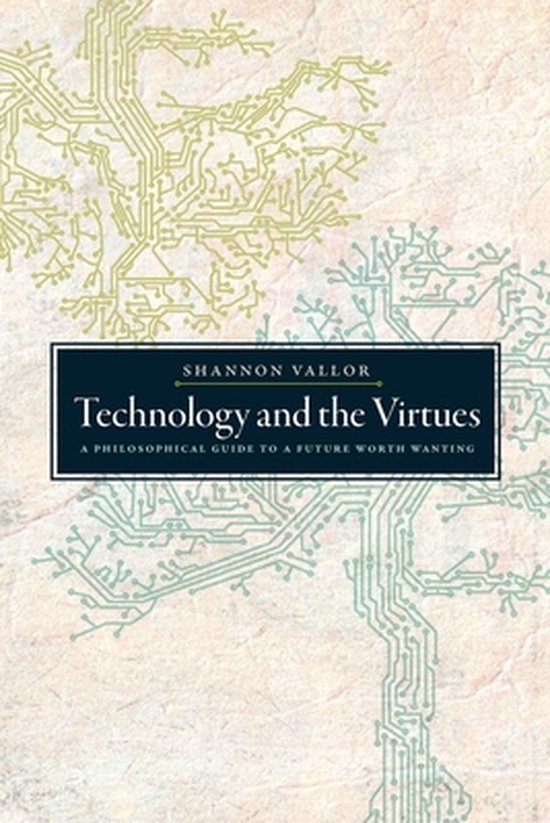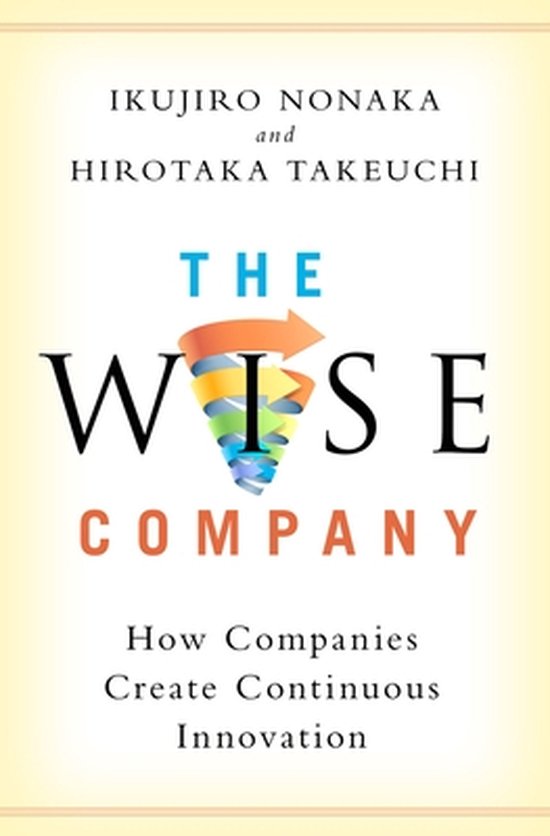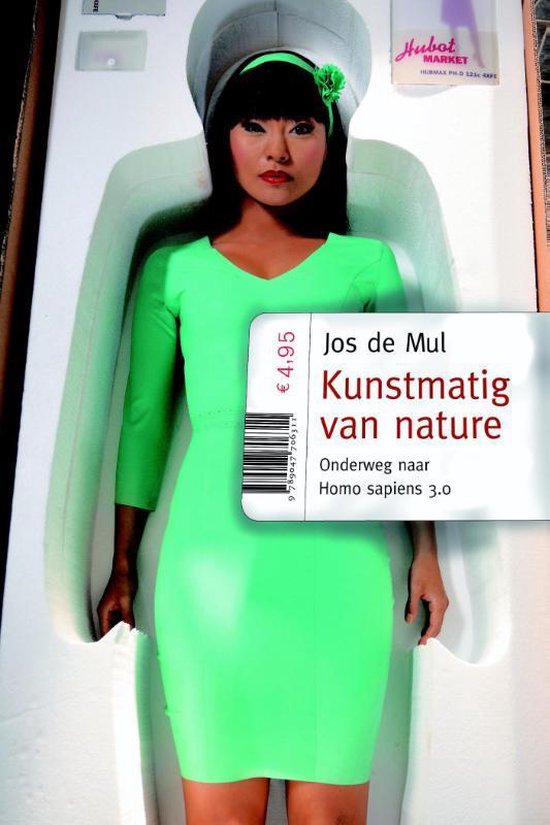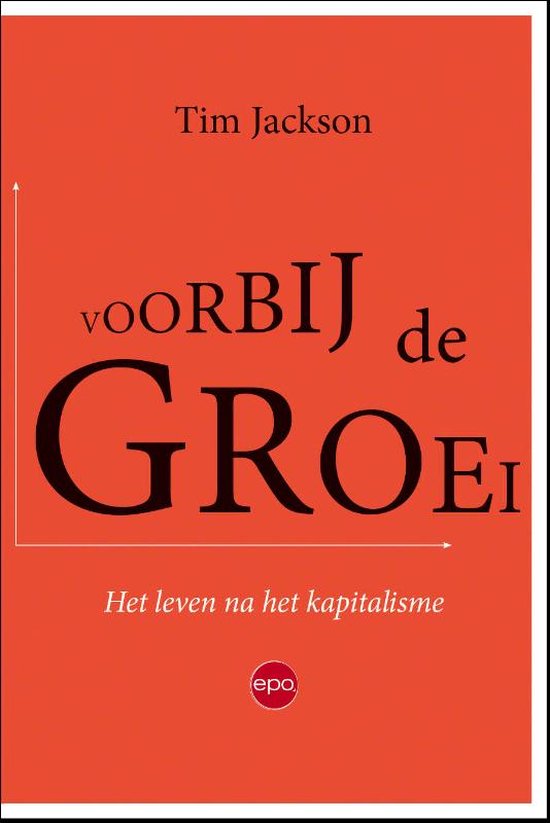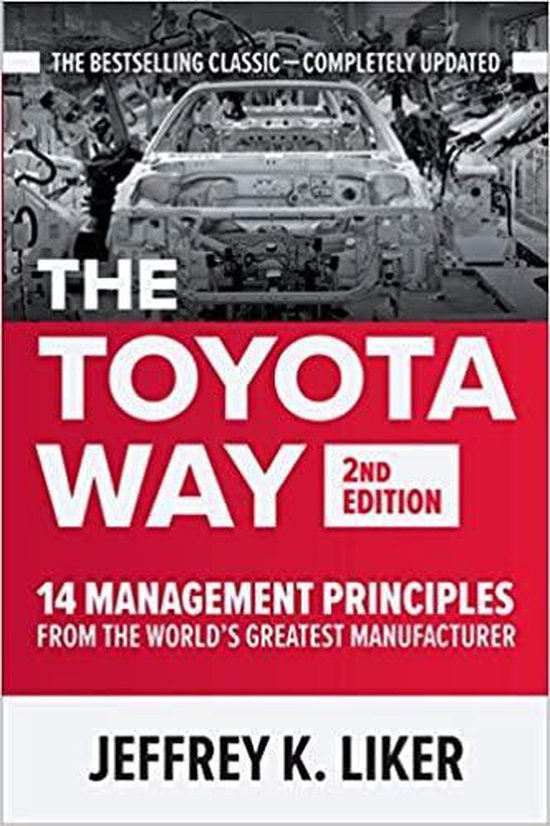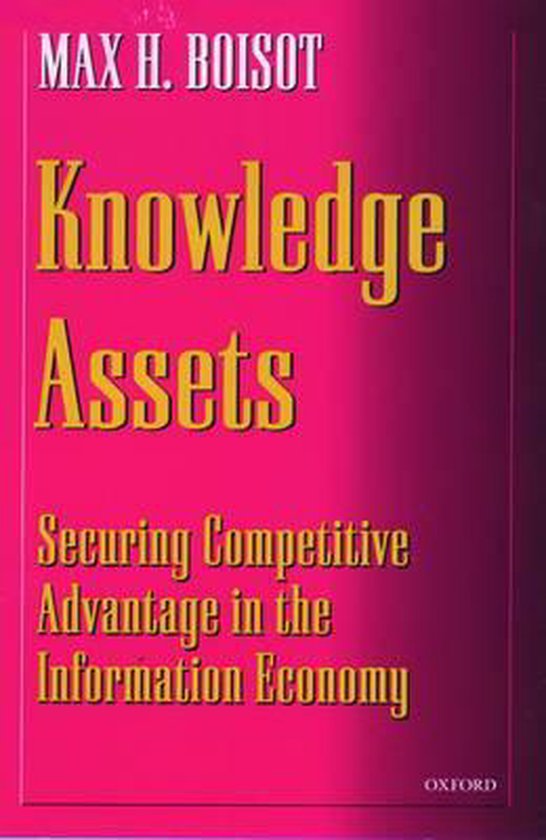
Knowledge Assets
Providing an accessible overview of some of the key building blocks which are needed for a theory of knowledge assets, this text develops a powerful conceptual framework for exploring the way knowledge flows within and between organizations.
It is now widely recognized that the effective management of knowledge assets is a key requirement for securing competitive advantage in the emerging information economy. Yet the physical and institutional differences between tangible assets and knowledge assets remain poorly understood. In the case of knowledge, the ownership and control of assets are becoming ever more separate, a phenomenon that is actually exacerbated by the phenomenon of learning. If we are to meet the challenges of the information economy, then we need a new approach to property rights based on a deeper theoretical understanding of knowledge assets. Max Boisot writes clearly and in accessible language providing some of the key building blocks which are needed for a theory of knowledge assets. He develops a powerful conceptual framework, the Information-Space or I-Space, for exploring the way knowledge flows within and between organizations. This framework will enable managers and students to explore and understand how knowledge and information assets differ from physical assets, and how to deal with them at a strategic level within their organizations.
It is now widely recognized that the effective management of knowledge assets is a key requirement for securing competitive advantage in the emerging information economy. Yet the physical and institutional differences between tangible assets and knowledge assets remain poorly understood. In the case of knowledge, the ownership and control of assets are becoming ever more separate, a phenomenon that is actually exacerbated by the phenomenon of learning. If we are to meet the challenges of the information economy, then we need a new approach to property rights based on a deeper theoretical understanding of knowledge assets. Max Boisot writes clearly and in accessible language providing some of the key building blocks which are needed for a theory of knowledge assets. He develops a powerful conceptual framework, the Information-Space or I-Space, for exploring the way knowledge flows within and between organizations. This framework will enable managers and students to explore and understand how knowledge and information assets differ from physical assets, and how to deal with them at a strategic level within their organizations.
| Auteur | | Max Boisot |
| Taal | | Engels |
| Type | | Hardcover |
| Categorie | | Mens & Maatschappij |
